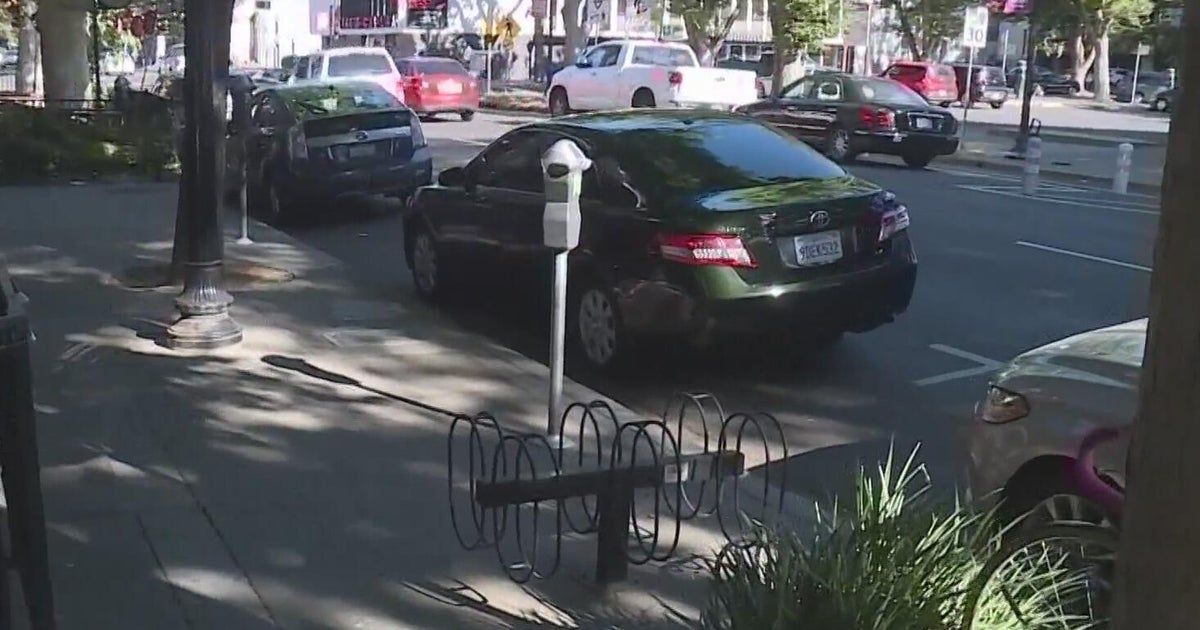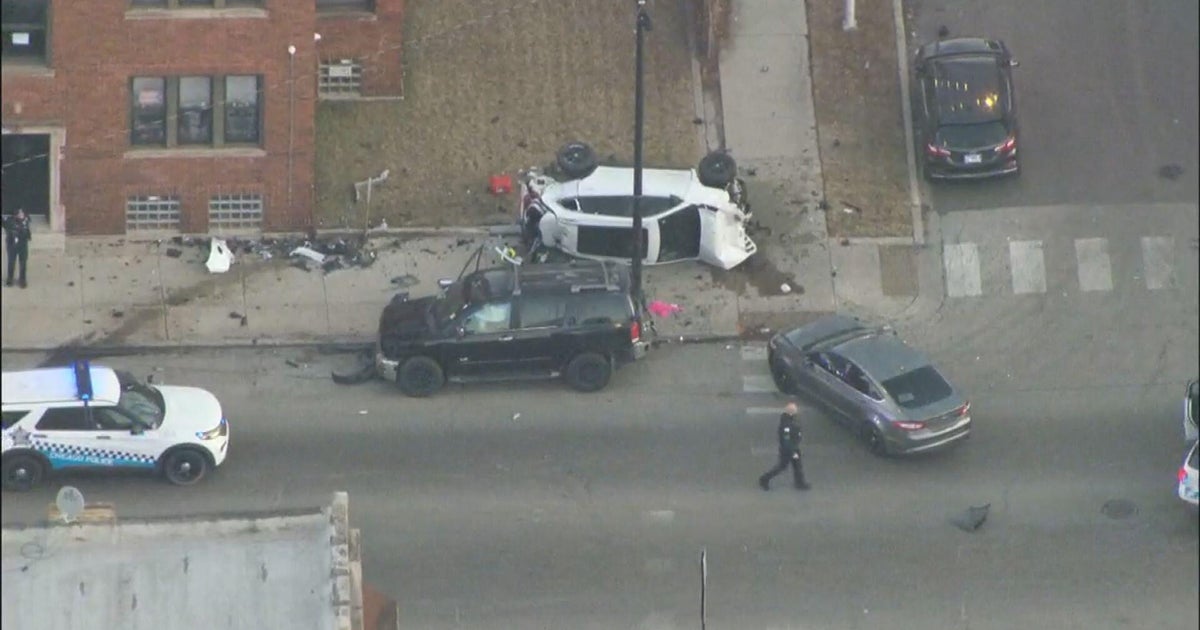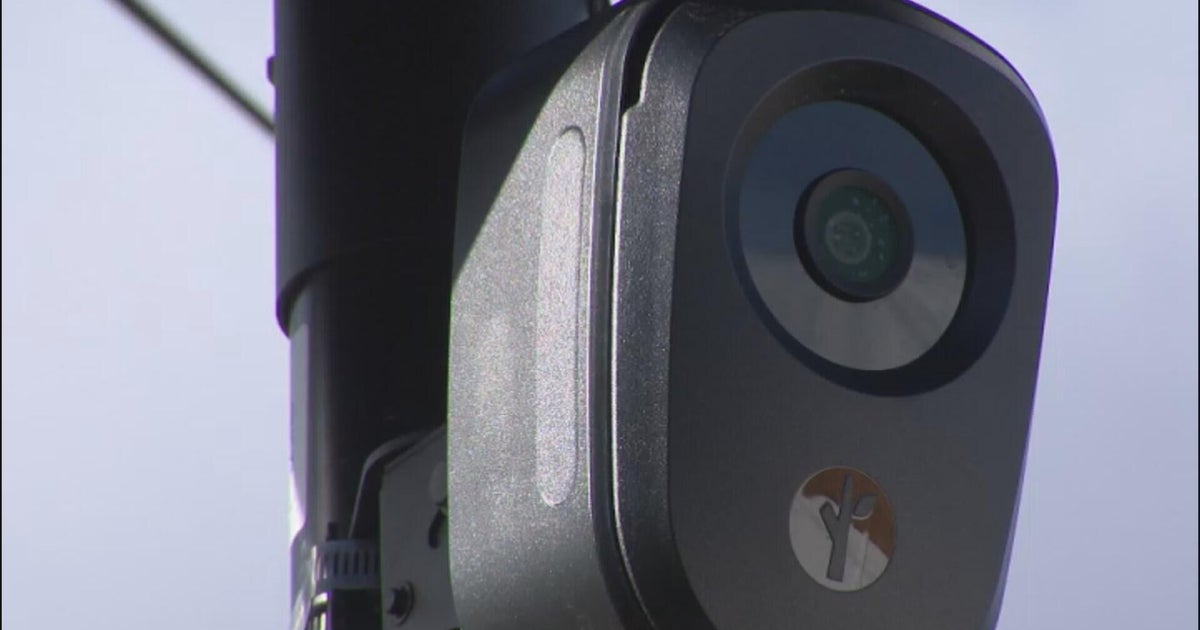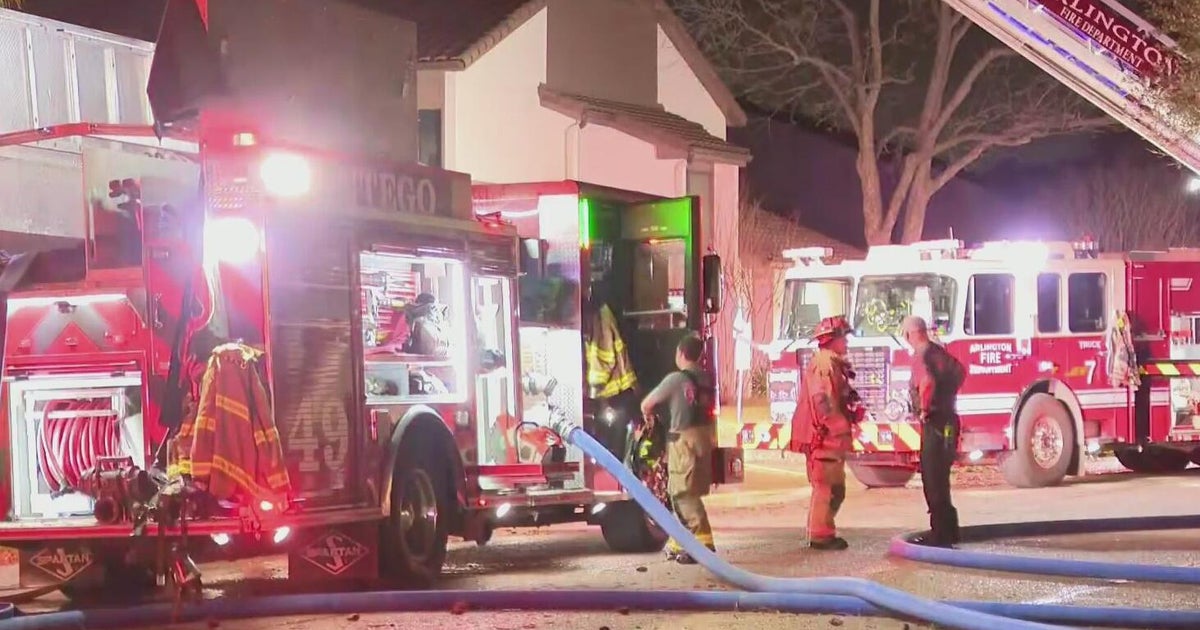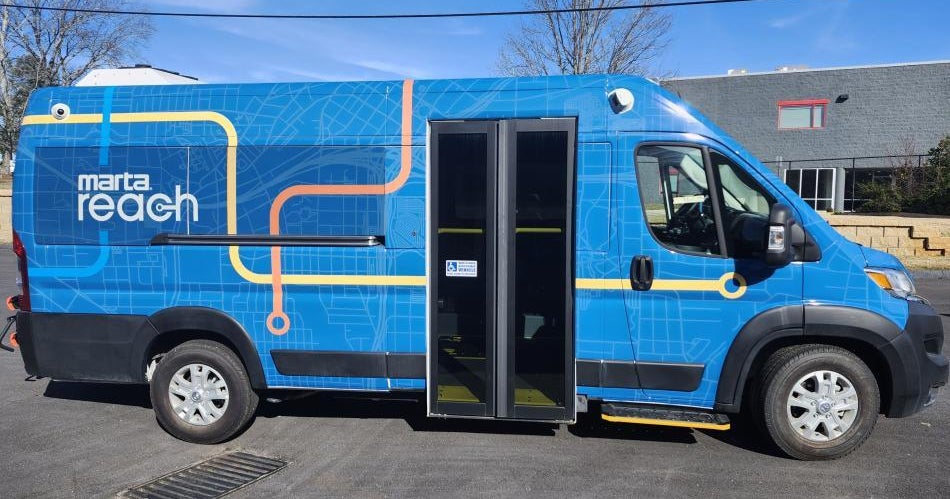ComEd Rolling Out 'Smart' Meters, Ameren To Follow
CHICAGO (AP) — The days of the meter reader are numbered in most of Illinois with the advent of new digital "smart" meters — wireless devices that relay information on electricity consumption directly to utilities.
Commonwealth Edison last week began installing meters to officially kick off a hard-won program by it and Ameren Illinois to upgrade the state's power grid with advanced technology they say will improve their delivery systems. Gov. Pat Quinn vetoed legislation to allow automatic rate increases to pay for the improvements, saying it weakened state oversight. But the Legislature overrode that veto earlier this year.
ComEd will switch all 4 million of its northern Illinois customers to the new-fangled devices by 2021. Ameren Illinois will begin doing the same downstate next year.
Here's what you need to know:
Q: Why do we need new meters?
A: It's a big component of a $3.2 billion plan to modernize and "storm-harden" Illinois' power grid over the next 10 years, which the utilities say will make it more efficient and reliable. Besides sending information directly to the utility via radio signals — no more meter readers — smart meters will record usage more accurately because it'll no longer be estimated. When meters are fully functional, they can automatically alert utilities to an outage.
The utilities also are replacing aging cables and poles and installing devices that can automate distribution to help reroute power around trouble areas and reduce the number of outages.
Q: When will I get a smart meter?
A: About 130,000 ComEd customers in Chicago's near-west suburbs already got them in a pilot program last year, and the company plans to install 60,000 by the end of the year. Installation is starting in the center of the network and cascading out, until all 4 million customers in its service area have them by 2021, spokesman John Schoen says.
Ameren will install 780,000 new meters from mid-2014 through 2019 through most of its service area in central and downstate Illinois, spokeswoman Victoria Busch says.
Q: Will I know when they're coming?
A: Schoen says ComEd crews will knock on your door a day before installation and leave a door hanger with information. He says installation takes about 10 minutes and usually can be done from outside the home.
Q: Who's paying for them?
A: Customers ultimately will pay for the overall modernization effort through higher rates. Com Ed says its average customer will pay an additional $3 per month over the 10-year life of its $2.6 billion modernization effort. Ameren, which has fewer customers, says theirs will pay an average $3.40 more per year over 10 years to pay for its $643 million plan.
But the utilities say customers can save even more money because they'll be able to track daily electric consumption on the companies' websites and make simple changes — say, unplugging unused appliances or running dishwashers at off-peak hours. With the older analog meters, that information isn't available until you get a bill.
Q: What if a customer — say, a senior citizen — doesn't have a computer or smartphone?
A: Schoen says ComEd is conducting outreach at churches and public events to tell customers about different ways to access the Internet, including through local libraries.
Q: Is my personal information safe?
A: No personal identifying information is stored on a smart meter, and information sent by the meter is matched to the customer only after it gets to ComEd's data center, Schoen says. He says the company's data encryption is comparable to that used by banks and the Department of Defense.
Q: Are smart meters safe?
A: Schoen says smart meters' radio frequency is lower than that in a cellphone or baby monitor, the device is outside the home and does not broadcast a signal continuously.
There were reports of three smart meters catching fire during ComEd's pilot program, but an Illinois Commerce Commission investigation concluded they were caused by loose connections and corrosion in preexisting casings, not the device itself.
ComEd spokesman John Schoen says the company since has trained employees to check for damage to meter fittings, corrosion and loose wires before installing new meters. If any problems are found, a licensed electrician will arrive within an hour to fix the problem at no additional charge to the customer, Schoen says.
The company also remotely checks the meter temperatures daily and dispatches an inspector immediately if it reaches 160 degrees, he says.
(TM and © Copyright 2013 The Associated Press. All Rights Reserved. This material may not be published, broadcast, rewritten or redistributed.)
